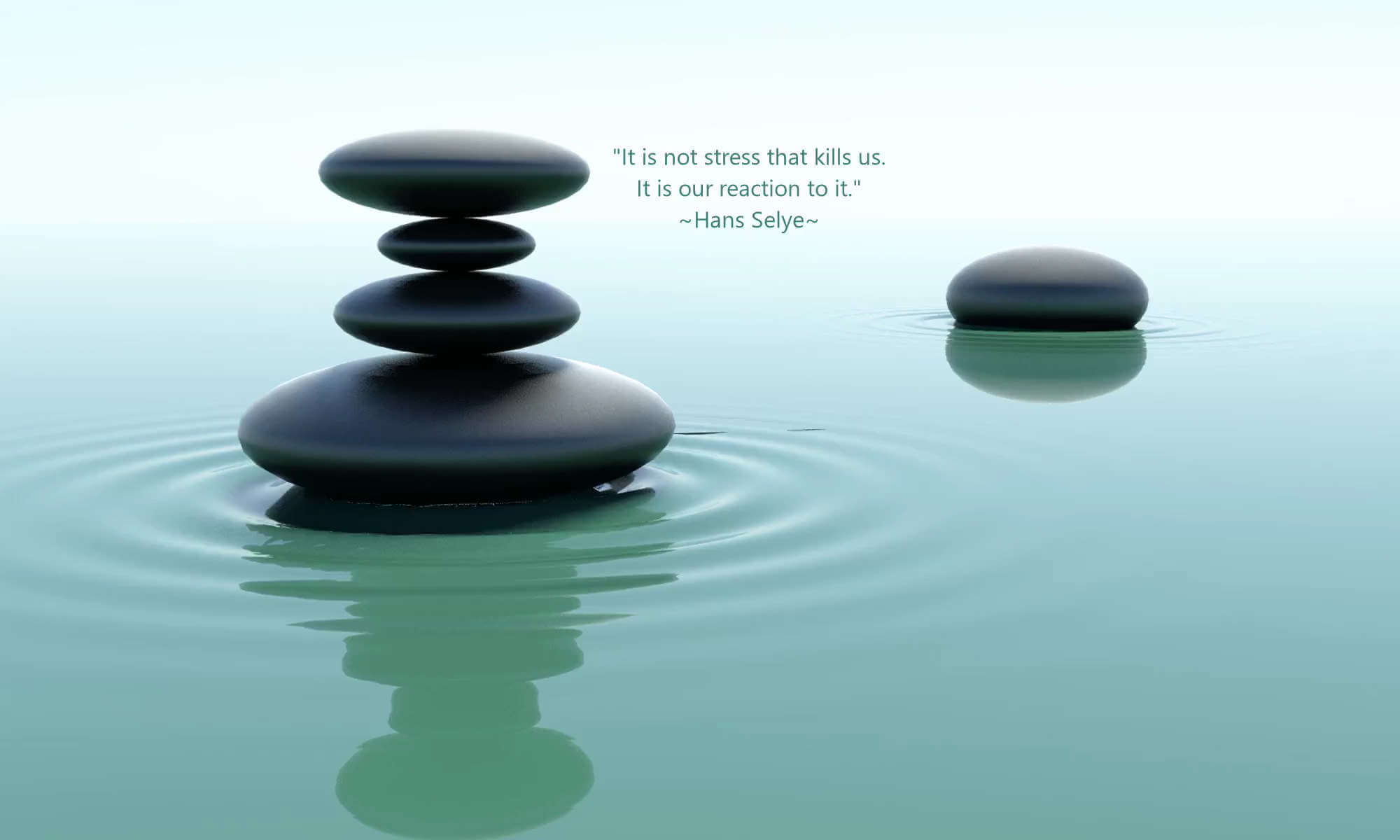The financial and emotional costs of relationship breakdown, particularly for couples with children are high. Working on saving your relationship can be a worthwhile investment in your future mental and financial health. So, what are some of the components of a relationship in distress and how can you build a healthy relationship?
Effective and ongoing communication
Being able to listen and understand your partner’s point of view, even if you disagree, and keeping communication channels open during times of conflict is the cornerstone of a successful relationship. Avoidance of issues is can lead to disconnection and further withdrawal. Try turning towards your partner and expressing your concerns calmly and without criticism or contempt. According to relationship researcher John Gottman, contempt is the single biggest predictor of divorce. Eliminating name calling, sarcasm or ridicule is essential to building a healthy lasting relationship. Contempt is most likely to emerge in times of anger so try taking some time out to cool down before addressing a problem with your partner. If your anger is out of control then getting help to learn some anger management strategies may be advisable.
Criticism is a common communication style in relationships in distress and leaves the criticised person feeling rejected, hurt and angry. Rather than criticising your partner for something they have done, try and express your complaint by identifying how your partner’s behaviour has impacted on you. For example, instead of “Why didn’t you clean up your dishes this morning? You are so lazy”; try “I can see you didn’t clean up the dishes this morning. I feel really stressed when I come home and see the kitchen in a mess.” Defensiveness is a common response to criticism and often results in blaming others, especially our partner, for our behaviour. Try accepting responsibility and apologising for your mistakes.
Respect
Take the time to show interest in your partner’s beliefs, values, interests and dreams. Do not assume that these are the same as when you met, as people change. Ask about your partner’s day and check in to see if anything is bothering them. Focus on the things you like about your partner rather than highlighting the things that annoy you.
Acceptance
Often we are attracted to a partner whose personality is different from our own. Over time many couples become less tolerant of those differences, resulting in criticism and attempts to change their partner. Reflect on the things that attracted you to your partner and focus on how your partner’s differences complement you and provide balance in your relationship. Accept your partner for who he or she is and work on making your relationship a sanctuary of acceptance of one another.
Commitment
Couples that stay to together long term have a commitment to the relationship and making it work. Life presents us with many challenges over time. Births, deaths, illness, financial stress and change can all put strain on a relationship. Make a commitment to behave in a loving way even when you don’t feel like it and be prepared to hang in there through difficult times as you never know what is around the corner. Turning toward your partner rather than pulling away during times of stress can build a solid, supportive relationship. Commit to making time to sustain your relationship. Turn off the TV, phone and other devices and have some time alone together. Eat a meal, go for a walk, have a coffee or take up a hobby together.
If you are struggling in your relationship seeing a psychologist or therapist who has expertise in relationship counselling can help you get your relationship back on track.
Recommended Reading
Ten Lessons to Transform Your Marriage: America’s Love Lab Experts Share Their Strategies for Strengthening Your Relationship By John M Gottman, Julie Schwartz Gottman and Joan Declaire
Reference
Bridging the Couple Chasm – Gottman Couples Therapy: A Research Based Approach by John Gottman and Julie Schwartz Gottman

